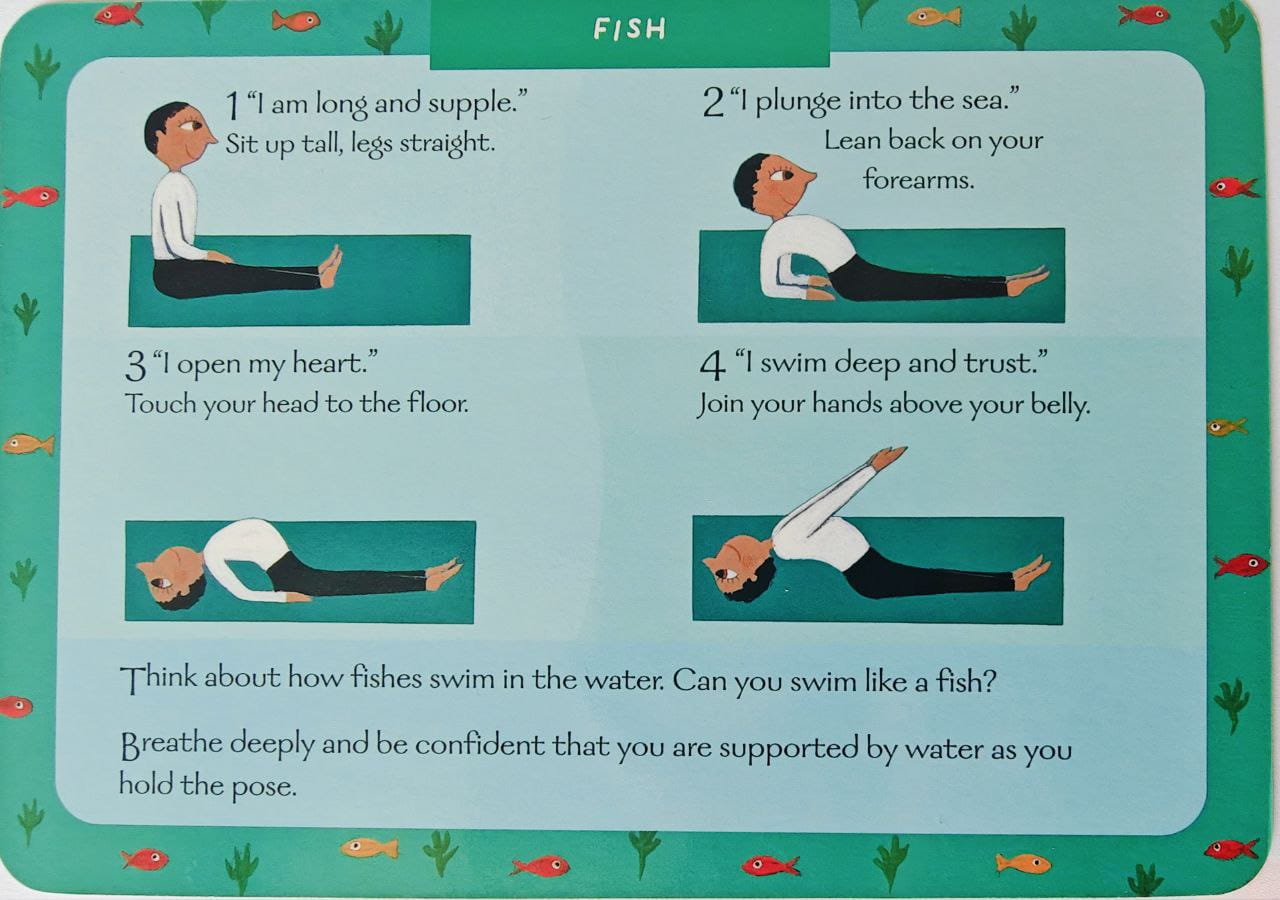How a mission to Mars has become a unique lesson in perseverance for Northbridge students
A Mars rover called Perseverance will be landing on Mars on 19 February at approximately 3am Phnom Penh time. Though this isn’t the first time that a rover has landed on Mars, it is a momentous occasion for all of us here at Northbridge International School Cambodia as a MIT - a Nord Anglia Education partner - professor, Dr Jeff Hoffman, is involved.
A Mars rover called Perseverance will be landing on Mars on 19 February at approximately 3am Phnom Penh time. Though this isn’t the first time that a rover has landed on Mars, it is a momentous occasion for all of us here at Northbridge International School Cambodia as a MIT - a Nord Anglia Education partner - professor, Dr Jeff Hoffman, is involved.
He is helping NASA in preparing for human exploration of Mars, and MOXIE (Mars Oxygen In-Situ Resource Utilization Experiment) will help future explorers produce oxygen from the atmosphere for breathing and propellant for space travel.
Due to our unique relationship with MIT, this has resulted in a variety of space themed challenges and in Primary we will celebrate this landing with a space themed STEAM day. This day will encourage our students to creatively explore and solve problems based on landings, launchings and exploration.
Space is of great interest to many students across the world. Talking about space seems to regularly encourage children to ask questions: many, many questions. Their imagination is captured by the unknown and the idea that there is still so much left to explore. We want to harness this curiosity and use it to enhance problem solving skills in our students.
Problem-solving is a skill, as adults, we use everyday to varying degrees. Gone are the days where students are only expected to memorise. Personally, I get a huge sense of achievement for finding a range of solutions to problems and deciding which solution has the best chance of success. This is what we want to continue to encourage in class, and STEAM can help us enhance this process.

To be successful in these STEAM Day challenges, our students will need to understand the problem. Once they have this understanding they can learn through research what types of ideas might work. Then they get to apply these ideas to the particular problem they have. The great thing about this is that the process is not over. Our students still need to test their ideas and improve them to make them successful (or even more successful). This is when our students get to experience perseverance and resilience for themselves.
By engaging in these types of STEAM activities we are supporting our students to become confident when dealing with problems and uncertainty. We hope that in the future these moments will give them the ambition to try and solve the problems in our world that we often see as unsolvable.
Learn more







